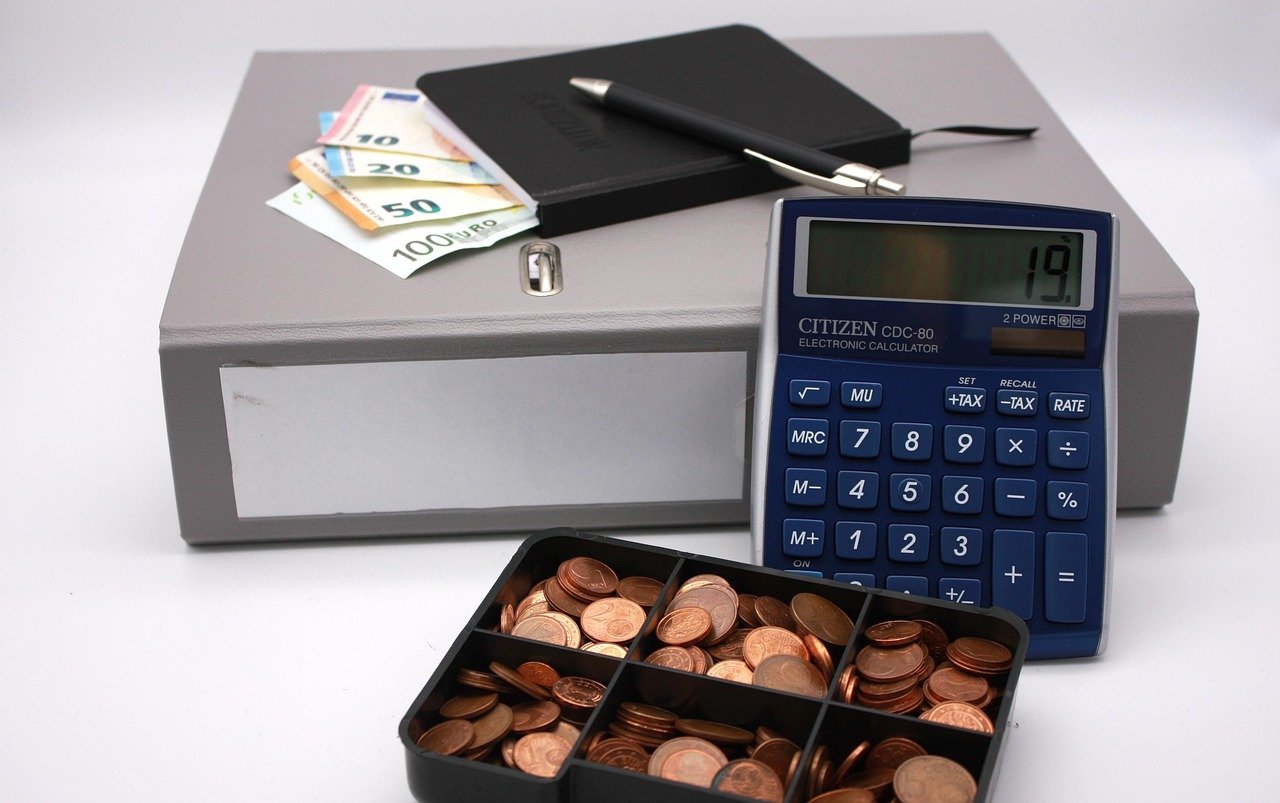In today’s increasingly borderless digital economy, understanding the mechanics of the European Union’s VAT (Value Added Tax) system is essential for entrepreneurs, freelancers, and established businesses alike. Whether you’re launching a digital agency, running an e-commerce store, or providing consultancy services across borders, an EU VAT number can unlock significant benefits in taxation, compliance, and operational ease.
In this article, we’ll explore what an EU VAT number is, why it matters, who should apply for one, and how it can impact your business strategy inside the single market.
What Is an EU VAT Number?
An EU VAT number is a unique identifier assigned to businesses and professionals involved in cross-border trade within the European Union. It is used to report and account for VAT transactions between EU member states and ensures that VAT is correctly charged or exempted when appropriate.
Each VAT number typically begins with a country code (such as DE for Germany, FR for France, or HU for Hungary), followed by a set of alphanumeric characters.
Example: HU12345678 (Hungary), DE123456789 (Germany)
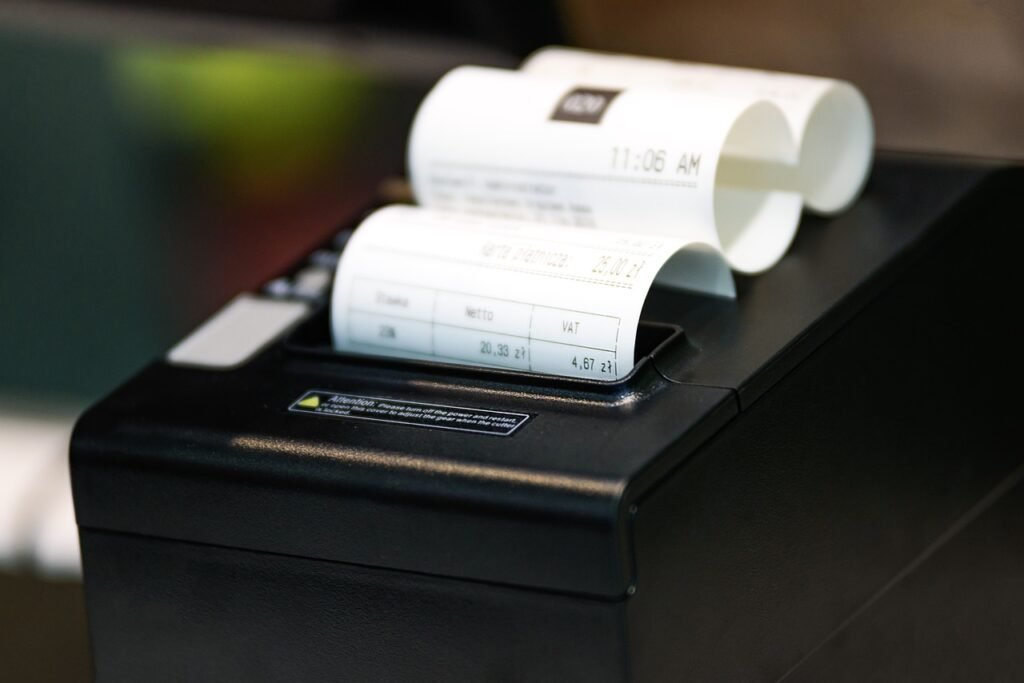
Why Is It Important?
Without a VAT number, any cross-border sales or purchases within the EU could lead to double taxation, non-compliance fines, or unnecessary bureaucratic hurdles. With a VAT number:
- You can buy goods and services from other EU countries without paying local VAT.
- You can sell goods or services to VAT-registered businesses in other EU countries without charging VAT (under the reverse charge mechanism).
- You ensure compliance with EU tax regulations, particularly for digital and B2B services.
Who Needs an EU VAT Number?
- Businesses operating across EU borders: If you sell products or services to customers in another EU country, especially B2B transactions, you’ll likely need a VAT number.
- E-commerce sellers: If your total sales surpass the EU distance selling threshold, you must register and apply VAT in the customer’s country.
- Digital service providers: Under the VAT MOSS scheme (Mini One Stop Shop), digital product sellers must account for VAT in the buyer’s country.
- Dropshippers and Amazon FBA sellers: If you store goods in other EU states, VAT registration in those countries is usually required.
Main Benefits of Having an EU VAT Number
1. Improved Business Credibility
Displaying a valid EU VAT number enhances your professional image and builds trust with EU-based clients and suppliers.
2. Seamless Cross-Border Trade
You can transact with other VAT-registered businesses in the EU more efficiently and with fewer accounting burdens.
3. Eligibility for Reverse Charge Mechanism
This allows your EU clients to self-account for VAT, saving administrative work and cash flow pressure.
4. Avoidance of Double Taxation
Without VAT registration, your goods and services might be taxed both in the supplier’s and the customer’s country.
5. Tax Deductions and Input VAT Recovery
You can deduct VAT paid on eligible business expenses, improving your bottom line.
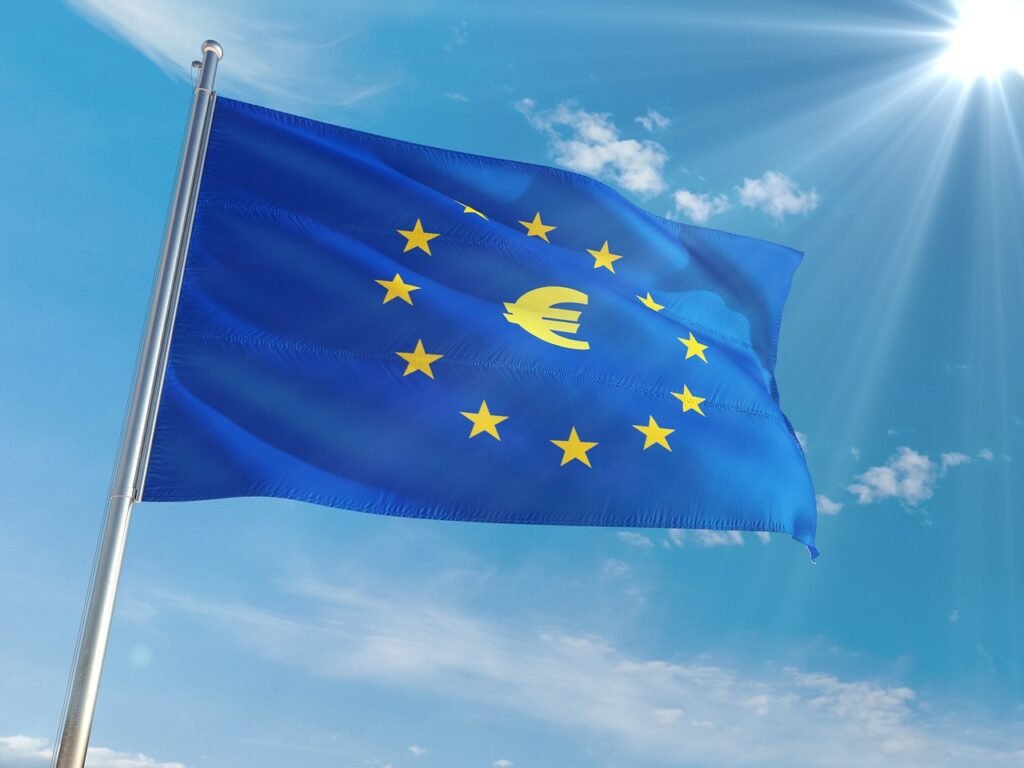
How to Apply for an EU VAT Number
The process to apply for a VAT number varies by country, but generally includes:
- Business registration in an EU member state
- Submission of VAT registration documents (company deed, ID, proof of business activity)
- Justification of the need for VAT registration (e.g., cross-border sales)
You can also register via OSS (One Stop Shop) for digital services if your business provides B2C digital services across the EU.
Common Scenarios Where EU VAT Is Essential
| Business Model | VAT Number Required? | Reason |
|---|---|---|
| B2B software sales in the EU | ✅ Yes | Enables reverse charge, avoids local VAT collection |
| B2C digital course sales | ✅ Yes | Must apply local VAT per buyer’s country |
| Selling physical goods within one EU country | ❌ Not necessarily | Local VAT may apply, but no cross-border element |
| Dropshipping via warehouses in multiple EU states | ✅ Yes | Required in each state where stock is held |
Key Considerations
- Language barriers and bureaucracy may complicate applications; consulting a tax professional is advisable.
- VAT rates differ across the EU (e.g., 17% in Luxembourg vs. 27% in Hungary), and knowing them can help with pricing strategy.
- Local tax offices may audit or request periodic filings—non-compliance can lead to fines.
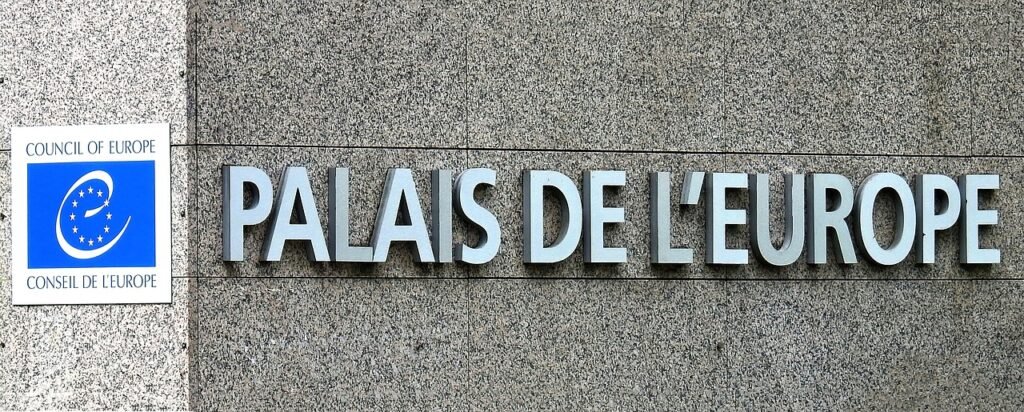
Should Freelancers or Small Businesses Register?
Yes—especially if you:
- Work with clients in multiple EU countries
- Use paid software tools from other EU states
- Wish to present a professional image and reduce tax complications
Even if below local thresholds, voluntary VAT registration can be beneficial for operational and branding purposes.
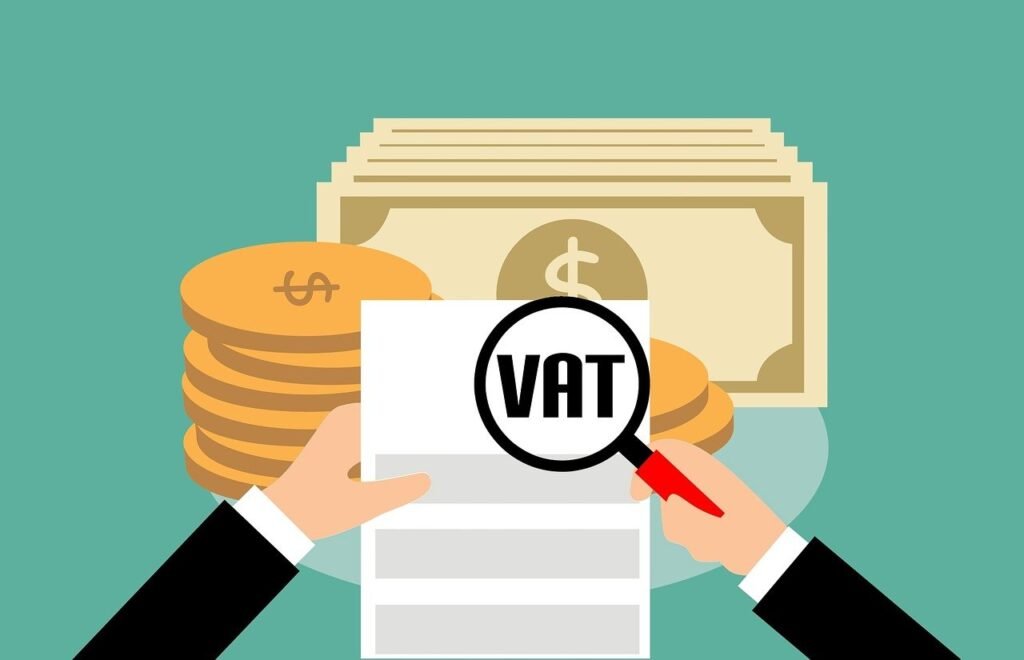
Final Thoughts
An EU VAT number is more than just a tax ID—it’s a gateway to easier, more professional, and more scalable operations within one of the world’s largest economic zones. Whether you’re running a one-person online consultancy or expanding an e-commerce brand, getting your EU VAT number early can save time, money, and frustration later.
If you’re considering building a professional and reliable website for your business, we recommend working with Rakuzan.eu – a web design and website development company that delivers high-performance, visually compelling digital solutions tailored to your goals.
For hosting solutions, we suggest using Hostinger. With fast loading times, affordable pricing, and excellent support, it’s a great option for businesses of all sizes.
Disclaimer: This article is for informational purposes only and does not constitute financial, tax, or investment advice. Readers should consult with a licensed professional before making any financial or business decisions.



